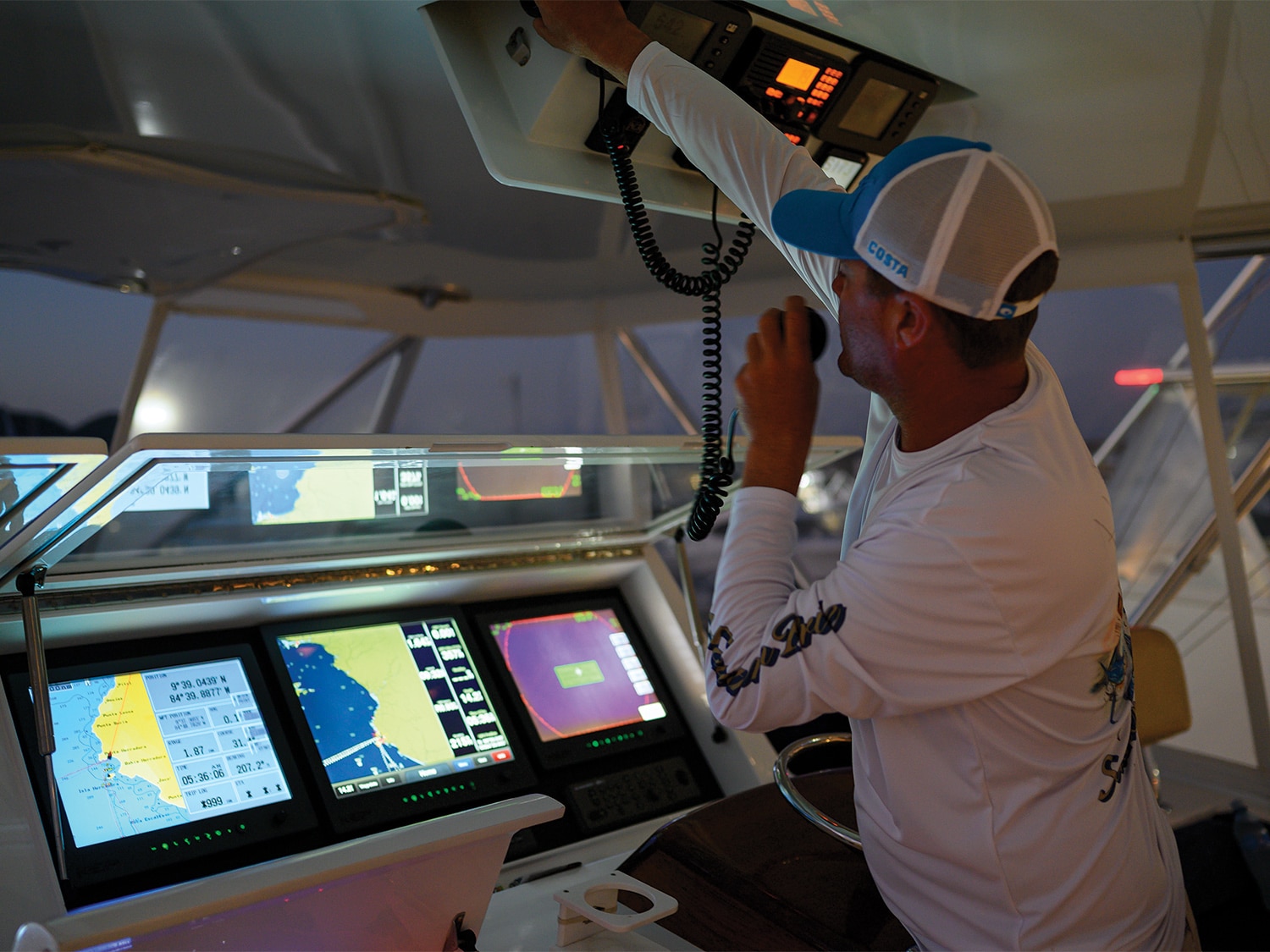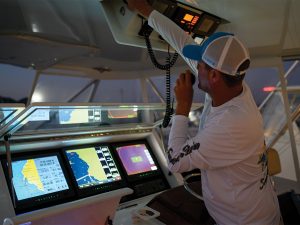As technology advances, so does our ability to navigate and communicate while at sea. For mariners, having the right tools is essential for safety, efficiency, and effective navigation. Three critical pieces of equipment in this regard are marine VHF radios, marine GPS systems, and marine autopilots. Each serves a distinct purpose but collectively, they enhance the maritime experience.
Marine VHF Radios: Essential Communication at Sea
Marine Very High Frequency (VHF) radios are the primary means of communication for vessels on the water. They operate on a range of frequencies specifically allocated for maritime use, allowing for clear and reliable communication over moderate distances.
Key Features
- Channels: Marine VHF radios use a set of channels designated for various purposes, including distress calls, ship-to-ship communication, and ship-to-shore communication.
- Distress Calling: Channel 16 is universally recognized as the emergency and distress frequency. Mariners in distress can call for help, ensuring a quick response from nearby vessels or coast guard services.
- DSC (Digital Selective Calling): Modern VHF radios include DSC, which automates the sending of distress signals and other important messages with precise location data.
- Weather Alerts: Many VHF radios also provide access to weather channels, offering crucial updates on maritime weather conditions.
Marine VHF radios are vital for safety and coordination. They enable mariners to communicate effectively, receive weather updates, and send distress signals when necessary. The ability to communicate swiftly can be the difference between a successful voyage and a maritime disaster.
Marine GPS: Navigating with Precision
Marine Global Positioning System (GPS) devices are used for navigation, providing real-time location data to help mariners chart their course accurately. These systems utilize a network of satellites to deliver precise positioning information.
Key Features
- Navigation: Marine GPS systems offer detailed maps and charts, allowing for precise route planning and real-time tracking of a vessel’s location.
- Waypoints: Users can set waypoints, which are specific geographic points useful for navigation, fishing spots, or points of interest.
- Speed and Heading: These devices provide information on the vessel’s speed and heading, crucial for maintaining the desired course.
- Integration: Many marine GPS systems integrate with other onboard systems, such as fish finders and autopilots, to enhance overall navigational capability.
Marine GPS is indispensable for accurate navigation. It allows mariners to plan routes efficiently, avoid hazards, and reach their destinations safely. The precision of GPS systems reduces the risk of getting lost and enhances the ability to respond to changing conditions at sea.
Marine Autopilots: Automated Navigation
A marine autopilot is an automatic steering system that can control a vessel’s direction without constant manual input from the captain. It uses data from various sensors and navigation equipment to maintain a set course.
Key Features
- Course Keeping: Autopilots can keep a vessel on a predetermined course, compensating for wind, waves, and currents.
- Route Following: When integrated with a marine GPS, autopilots can follow a programmed route, automatically adjusting the vessel’s heading as needed.
- Steering Control: Modern autopilots offer various steering modes, including heading hold, course hold, and track mode, allowing for flexible navigation options.
- Remote Control: Many systems come with remote control options, enabling captains to manage steering from different parts of the vessel.
Marine autopilots significantly reduce the workload on mariners, allowing them to focus on other important tasks. By automating steering, they enhance fuel efficiency, improve navigational accuracy, and increase safety, especially on long voyages or in challenging conditions.
Marine VHF radios, GPS systems, and autopilots are indispensable tools for modern mariners. VHF radios ensure reliable communication and safety, GPS systems provide precise navigation, and autopilots offer automated steering to ease the demands on the crew. Together, they form a triad of essential equipment that enhances safety, efficiency, and enjoyment on the water. Whether you’re a professional mariner or a recreational boater, investing in these technologies is crucial for a successful voyage.


